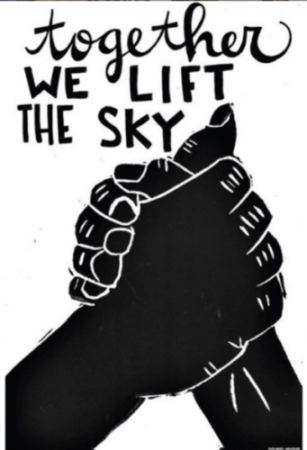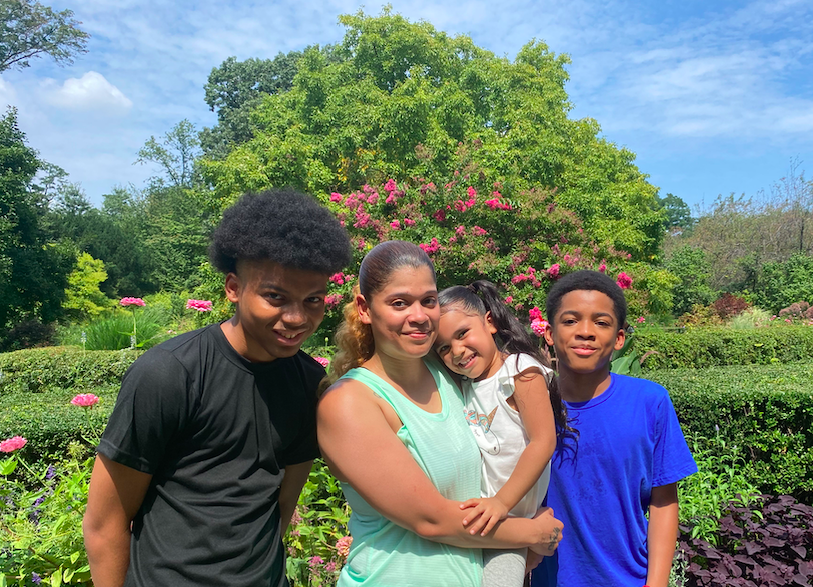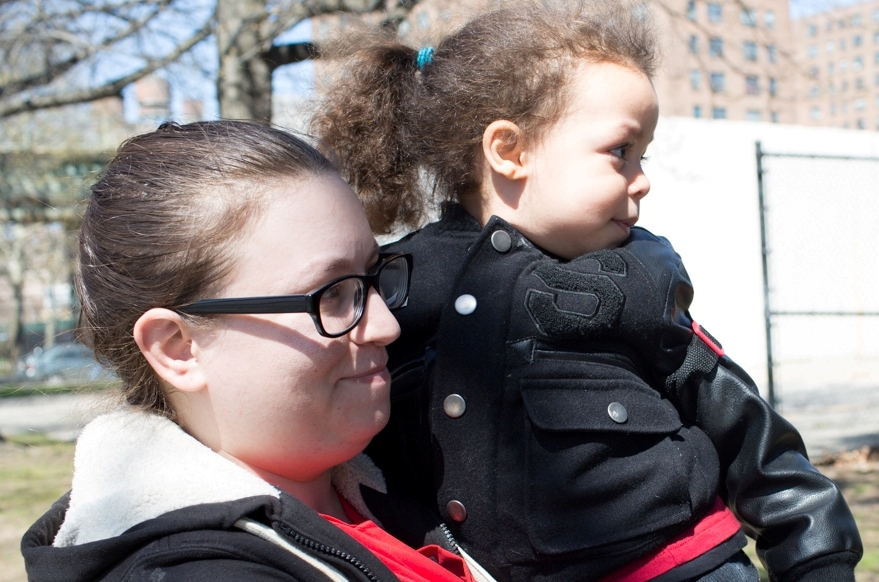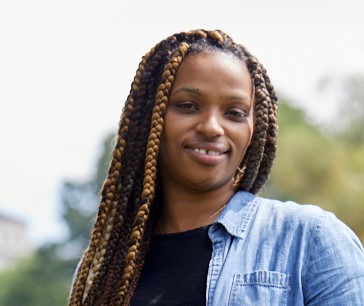Parenting
in 2007 when I was 20 years old and he was one and a half. I had run away from foster care and had nowhere to live and no money for food. I was also dealing with depression and trauma—and an abusive partner. I didn’t have support from my family and felt uncared for and alone.
The family friend lived in a cozy, nice home. She suggested that I leave my son with her and write a statement saying that he would live with her family temporarily, just until I got situated and had my own place.
I did not want to be without him, but I wasn’t able to provide a home or food. A ball formed in my throat and I wanted to break down and cry, but I agreed to it. If I had access to food, housing, mental health care and emotional support, I would not have made that decision. I didn’t know that my son would end up living there for 10 years.
Rise Magazine
I lost custody of my daughter after having to make a decision that no parent should ever have to make. Should I fight the termination of parental rights (TPR) or should I “voluntarily” surrender my parental rights with a small chance that I might get visits and pictures and we might be able to write to each other? I was given this choice by the ACS worker when I was going to court—sign the TPR … Read More
Rise Magazine
November 03, 2021 by Rise
Parents at Rise have long documented how the family policing system affects Black and brown people living in low-income areas of NYC. In July, a team of researchers from Duke University and Rutgers University published the study, “Contact with Child Protective Services is pervasive but unequally distributed by race and ethnicity in large US counties.” As its title suggests, the paper finds that the system impacts the lives of far too many Black and brown families.
Dr. Frank Edwards, an assistant professor at Rutgers University’s School of Criminal Justice who studies race and state violence, policing and family separation, was part of the team that worked on this study. Here, he discusses their findings in NYC and nationally, mandated reporting, investigations and why he is an abolitionist.





